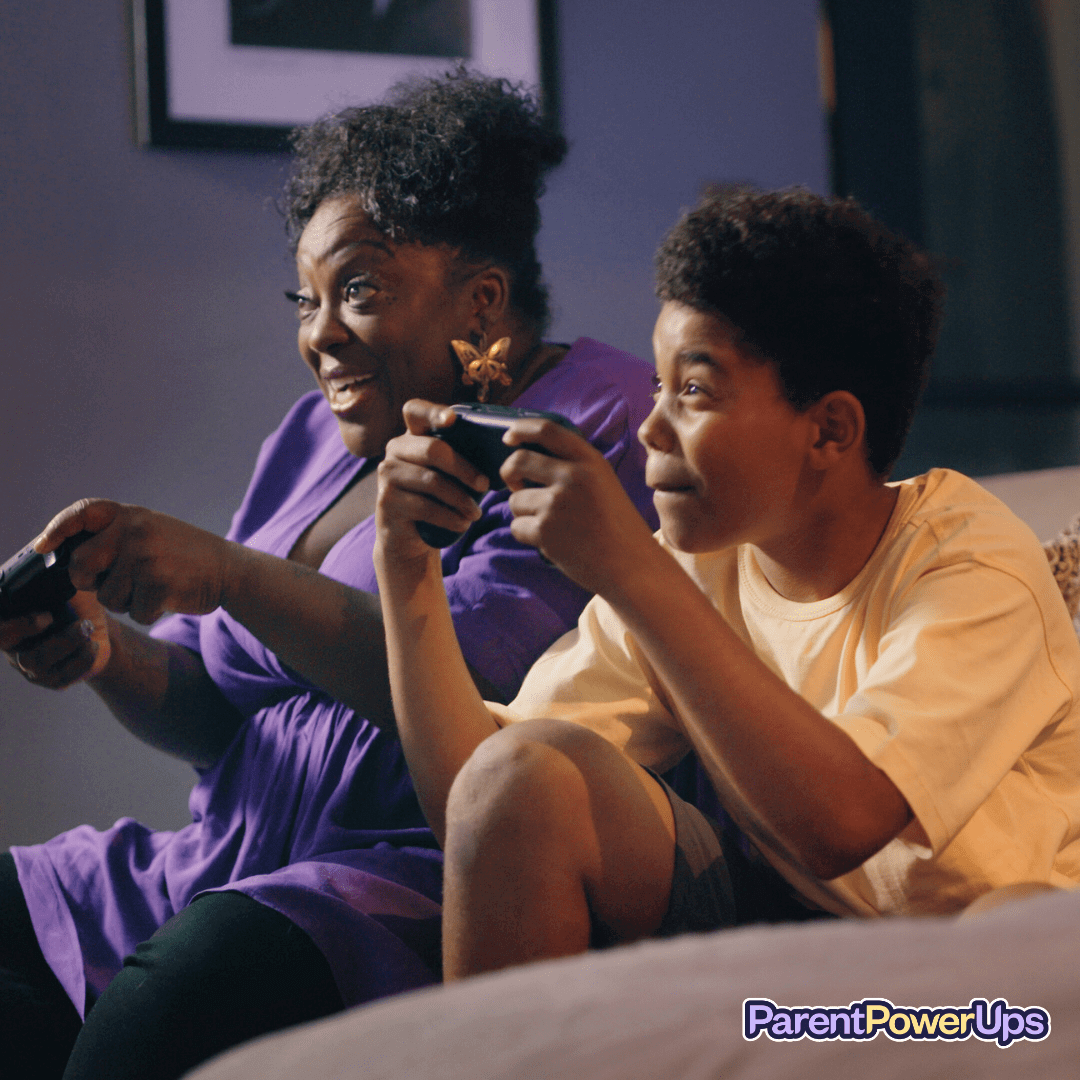Did you know?
4 in 10 parents told us that they don’t talk to their children about making good decisions online. To make these conversations easier, the Power Up Pact encourages parents to have conversations about healthy video game habits ahead of setting up parental controls on their game devices.

